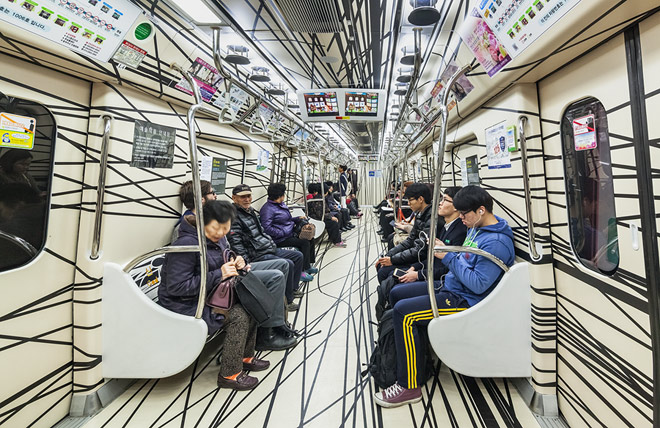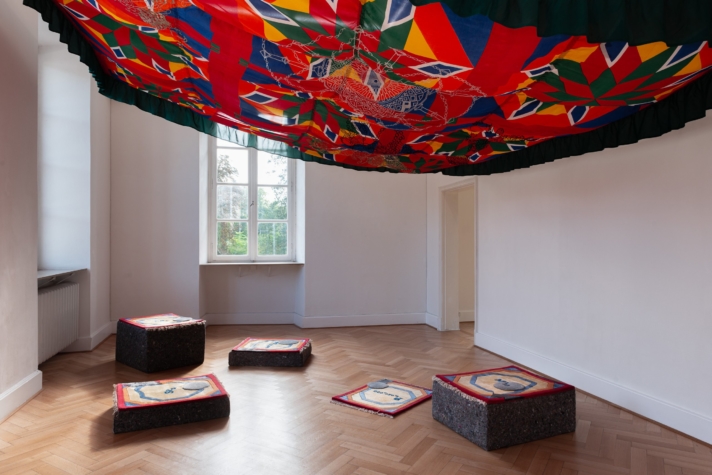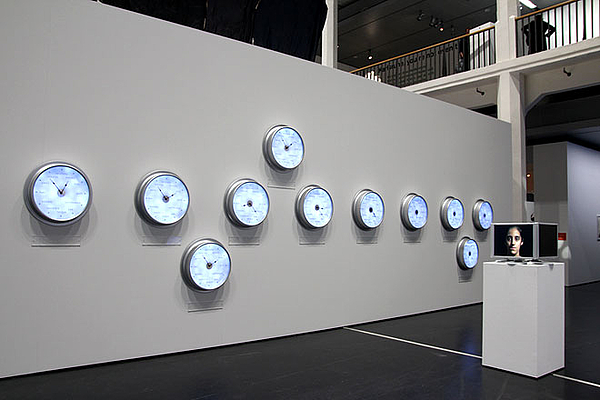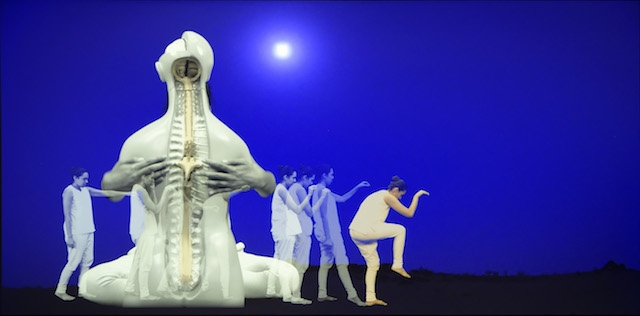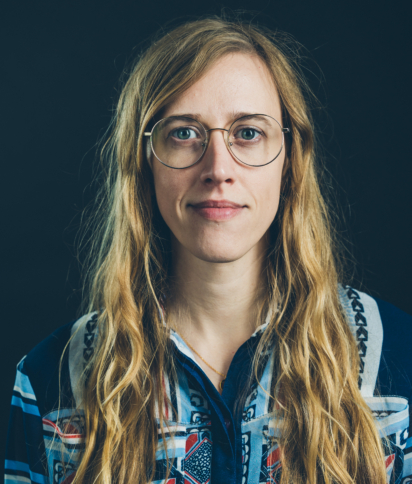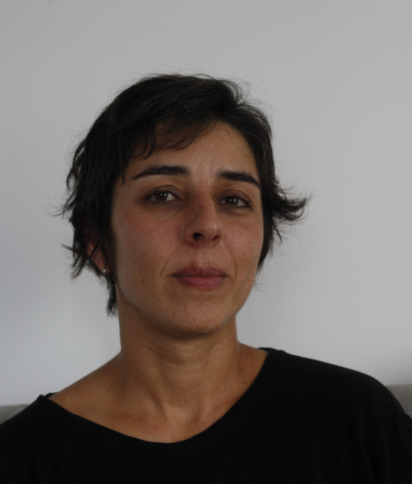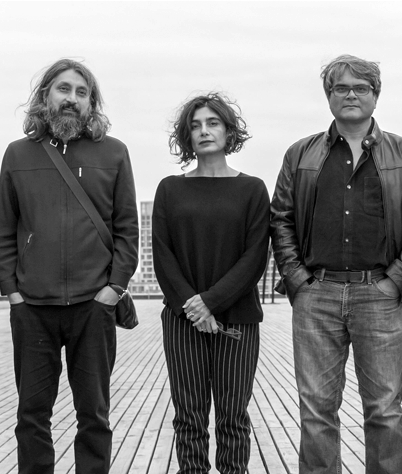
Overstory: A colloquia on practices of listening and doing in community
with Raqs Media Collective
‘Canopy’ draws its name and disposition from the practices of gathering, in joy, togetherness and anger, that the world has witnessed and is witnessing - in varying intensities over the last decade. It finds its form in the colourful tent canopies - shamiyanas - that marks places like Delhi - as shades to gather under. Occasions when people, often strangers, met face to face, sang, had conversations into the night and asserts their claims to space and time by being together. These moments and places reflect on how impulses move and moves many, and ruptures the settled rhythms of living and moving.
April 29th - May 10th
Mon, Thur, Fri
9 - 11:30am EST
16
Students
$1,250 New Student
$1,000 Returning Student
USD
RAQs Media Collective was formed in 1992 in Delhi, India by Monica Narula, Jeebesh Bagchi, and Shuddhabrata Sengupta. The word ‘raqs’ in several languages denotes an intensification of awareness and presence attained by whirling, turning, and being in a state of revolution. RAQs Media Collective takes this sense to mean ‘kinetic contemplation; a restless entanglement with the world and with time. RAQs enlists objects, such as an early-modern tiger-automata from Southern India, or a biscuit from the Paris Commune, or a cup salvaged from an ancient Mediterranean shipwreck, to turn them into devices to sniff and taste time. Devices unfold in this way in order to undertake historical subterfuge and philosophical inquiry. RAQs practices across several forms of media: installation, sculpture, video, performance, text, curation, and lexica. In 2000, they co-founded the Sarai program at CSDS, New Delhi, and ran it for a decade, where they innovated infrastructural conditions on the practices and production of knowledge. They also edited the nine-volume Sarai Reader series.
RAQs has exhibited widely, including at Documenta, The Venice, Istanbul, Taipei, Liverpool, Shanghai, Sydney, and Sao Paulo Biennales. They have had solo shows in museums and educational and independent art spaces in Boston, Brussels, Madrid, Delhi, Shanghai, London, New York, Toronto, Dusseldorf, Manchester, Doha, Buenos Aires, among many others. Works by RAQs are part of several contemporary art collections and museums. Their essays have been widely published.
RAQs curated Afterglow, Yokohama Triennale 2020, Why Not Ask Again, Shanghai Biennale 2016, The Rest of Now, Manifesta 7 (Bolzano, 2008), Sarai Reader 09 (Gurgaon, 2012-13) and INSERT2014 (Delhi, 2014), amongst others. Hungry for Time, an exhibition curated by them at the Akademie der Bildenden Künste Vienna opens in October 2021.
More Classes
Live online classes with the world’s best artists and curators
Crash Course in Adobe Premiere Pro:
Video Editing Basics
This one-day intensive workshop is designed to get you up and running with Adobe Premiere Pro. Learn the essential tools and workflows to create high-resolution, professional-quality video works. We'll cover importing footage, basic editing techniques, timeline navigation, multi-channel video editing, and exporting for different platforms. Perfect for beginners or those looking to sharpen their foundational skills, this crash course will give you the confidence and tools to start editing with clarity and creativity. This course will be recorded for anyone unable to make it LIVE.
Train ChatGPT as Your Studio Assistant:
An Introductory Workshop to exploiting Ai
This one-day workshop introduces artists to using ChatGPT as a powerful and flexible studio assistant to support both creative development and professional demands. We'll explore how to collaborate with AI to brainstorm new work, write and edit artist statements, craft compelling grant and residency applications, organize projects, plan exhibitions, and develop teaching materials or syllabi. You'll also learn the art of prompt writing—how to shape questions and commands that generate useful, nuanced, and imaginative results. Whether you're juggling studio time with teaching, curating, or community work, this workshop offers hands-on strategies for integrating AI into your practice with clarity, intention, and creativity.
The Exhibition to Come
Essays on a Curatorship in Process
This course proposes a collective and process-based curatorial exercise developed from scratch. Starting from the idea of an exhibition that does not yet exist — with no defined theme, no predetermined space — participants will be invited to collaborate in the invention of the conceptual and formal paths that will shape a hypothetical exhibition, with the potential to materialize in an actual venue in the future.
